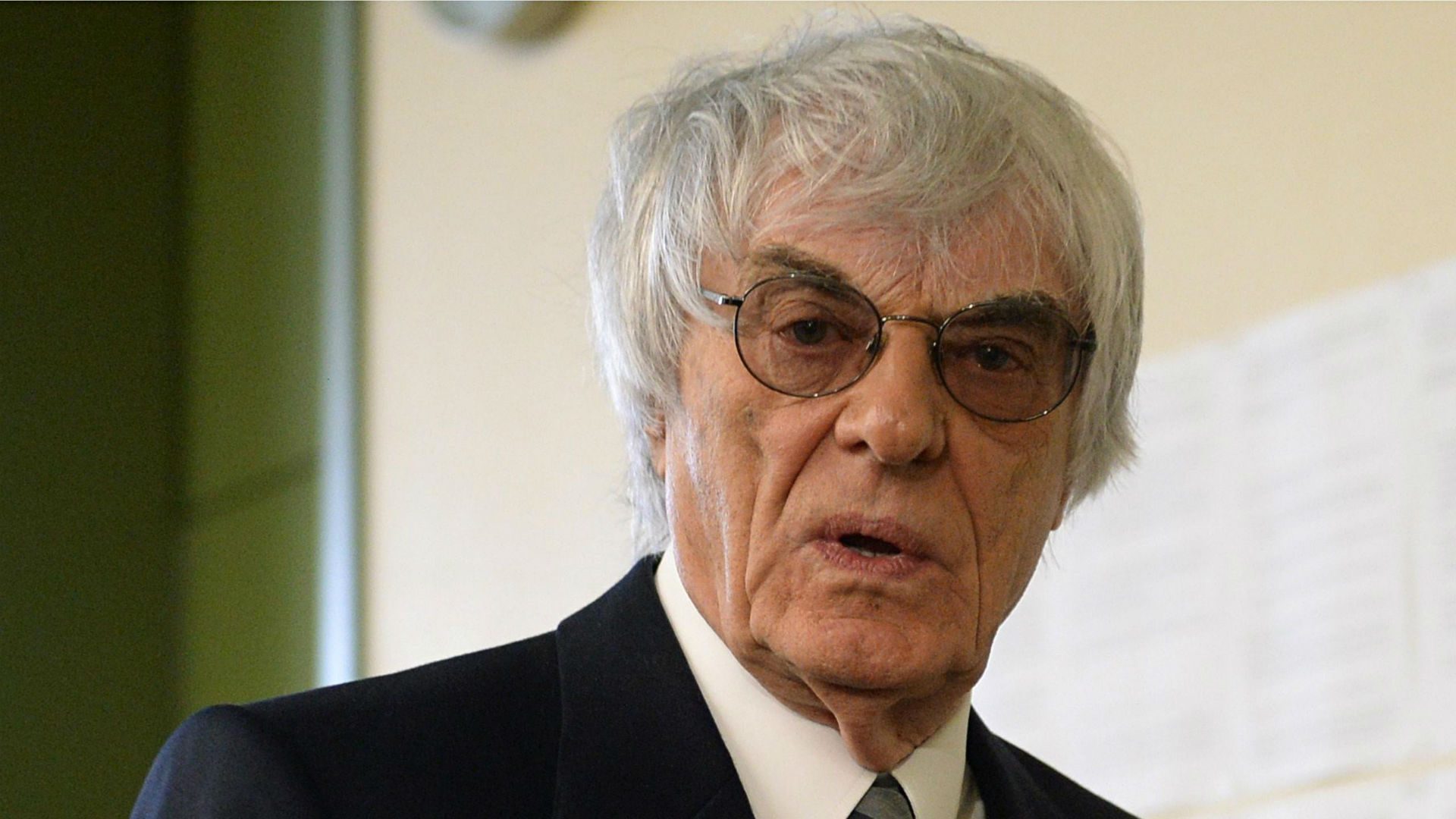

Global tensions ran high during South Africa’s Apartheid era with civil rights leaders and visionaries fighting for racial equality. While it took place in the southern most tip of a continent thousands of miles away from Europe and North America, it still impacted nearly every aspect of politics and culture, shifting the scenery of common life. So much so that it even put motorsport on notice, and when Formula One came to race at the annual South African Grand Prix, decisions had to be made in order to save face against activists and strikes in the homelands of competitors across the grid.
We were reminded of this story by Shifting Lanes on Drivetribe and thought we’d help share it with you guys.
Alan Jones, an Aussie driver for Haas-Lola and former world champion, was sponsored by an American goods company, Beatrice. While he wasn’t in the running for a title that year, he was still an influential member of the sport—he was so significant, in fact, that he caught the attention of American Jesse Jackson, a key figure in the fight for black rights.

Jackson had extended a proposition to African-American Beatrice workers that if Jones were to participate in the 1985 South African Grand Prix, that they should protest, tarnishing the company’s image as well as Jones’.
“Beatrice couldn’t be seen to be backing down to an individual like him, but if they didn’t back down there was a chance of the strike.” Jones said in his new autobiography.
This understandably made Jones anxious as his only options were to either race and potentially lose a major sponsor, or refuse to compete and cause corruption with the Haas-Lola team.
Bernie Ecclestone was at the helm of Formula One during the time, and during Jones’ dilemma, he called him into his office. The driver was particularly nervous during the dialogue, moreso than normal.
“During the Friday I was summoned to see Bernie Ecclestone in his penthouse. Not sure what I had done this time, I fronted up. As I went in the door Bernie said, ‘How do you feel?’ Standard greeting, although he had a look in his eye, I gave him a standard reply, ‘Pretty good, thanks,’” Jones explained.
“‘What do you think your chances are of winning the race tomorrow?’” asked Ecclestone, a known-disciplinary figure with a perhaps deservedly harsh reputation.
“Bernie, I think you know the answer to that question. If I start now, probably pretty good.” Jones replied.
Then, Ecclestone proceeded to offer up an unusually generous suggestion to Jones, as the book states:
“‘Well, I’ve got a bit of an idea. If you pull up sick and can’t run again this weekend, we’ll give you first-place prize money. Go home and visit Australia. If the driver falls crook and can’t drive, then the Beatrice car doesn’t race. It’s a force majeure. Jesse Jackson can’t get on his soapbox and say, ‘I forced that company to withdraw,’ and he also couldn’t call a strike because the car didn’t race.”
This would allow Jones to return home to Australia via plane on Saturday morning while everyone else was attending qualifying. Not only that, Jones was then awarded a purse equivalent to that of the first-place prize.

The veteran racer took him up on his offer, then headed back in preparation for the next race. “I made a miraculous recovery for the Australian Grand Prix, which was just as well.”
His team wasn’t notified until Sunday when someone leaked to them that Jones had fell under the weather, saving him from an impossible decision.
Out of all the misogynistic, racist, and otherwise discriminatory tales that Ecclestone has become known for, this one should stand out as a remote moment of humanity—all kept under wraps until now, 32 years later.